U.S. ports are pushing back against the recently proposed 25 percent tariff on Chinese-made ship-to-shore (STS) cranes, warning that the increased costs would have a "substantial negative" impact on the economy.
In a series of letters to the U.S. Trade Representative (USTR), port authorities, terminal operators and industry groups across the country have called for the decision to be reversed or delayed, arguing that the tariffs will harm port efficiency, disrupt supply chains and ultimately raise prices for consumers.
The tariff, which was announced by the White House in May as part of a broader trade initiative targeting Chinese goods, is set to take effect on Aug 1. Despite mounting opposition, President Joe Biden's administration has defended the move as necessary to protect American manufacturers and rebuild domestic industries.
Critics argue, however, that the tariff will do little to achieve those goals, as there are currently no U.S. manufacturers of STS cranes, and the global market is dominated by Chinese companies.
Currently, at least seven ports in the United States have 35 cranes on order from Chinese manufacturers, with an average cost of $15 million per crane. According to the American Association of Port Authorities (AAPA), the ports now face at least $131 million in new, unexpected costs if the tariff is implemented.
"The tariff, if imposed, will not meet its stated objectives," AAPA President and CEO Cary Davis wrote in a letter to U.S. Trade Representative Katherine Tai on June 28. "Instead, it will only result in negative outcomes, including grave harm to port efficiency and capacity, strained supply chains, increased consumer prices, and a weaker U.S. economy."
The Port of New Orleans, for example, is planning a major expansion of its container capacity. It estimates that the tariff would cost $52 million for its new Louisiana International Terminal alone.
The Port of Virginia has already signed contracts for 12 cranes from Chinese companies at a cost of $161.52 million and could face an additional $40.38 million in costs due to the tariff.
The AAPA also noted that a recent survey suggested at least an additional 61 cranes were expected to be ordered in the next five years to meet growing demand.
The new tariff targets STS cranes, which are used to load and unload containerships, amid claims by some officials and media reports that the cranes made by Chinese manufacturers may be vulnerable to data breaches due to remote control capabilities.
In February, Biden announced a $20 billion investment to build STS cranes in the U.S., citing cybersecurity concerns around Chinese-made cranes.
Shanghai Zhenhua Heavy Industries Co (ZPMC), the world's largest manufacturer of port equipment, has denied the allegations.
The U.S. ports industry also has dismissed the claims as "largely unfounded" and points out that multiple federal agencies are already addressing any potential security concerns. "It's unnecessary to impose a tariff to secure U.S. ports," said the AAPA.
That was echoed by another letter submitted by Port Houston and jointly signed by 14 other ports and groups. "Imposing tariffs on these high cost, low tech pieces of equipment would, in fact, damage an important strategic objective of modernizing and improving U.S. infrastructure and put the economic health of our communities and our country in jeopardy," they warned.
The opponents also highlighted the lack of viable alternatives to Chinese-made cranes. ZPMC dominates the global market, while Germany and Finland, the other two countries producing a small fraction of STS cranes, source most of their components from China, making their products subject to the 25 percent tariff as well.
Currently, there are no manufacturers of STS cranes in the United States, nor have there been for nearly four decades. Therefore, there is no timeline for when STS cranes might be available domestically, and the tariff on Chinese cranes "will do nothing to protect American manufacturers from unfair practices", said the AAPA.
Critics also noted that the tariff contradicts the Biden administration's commitment to infrastructure improvement and emission-reduction. Delays in port investments, including those in zero-emission equipment, would negatively impact the domestic green economy and the industries the tariff aims to protect, they said.








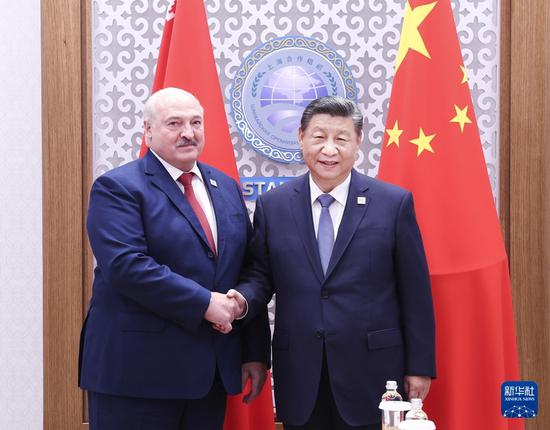
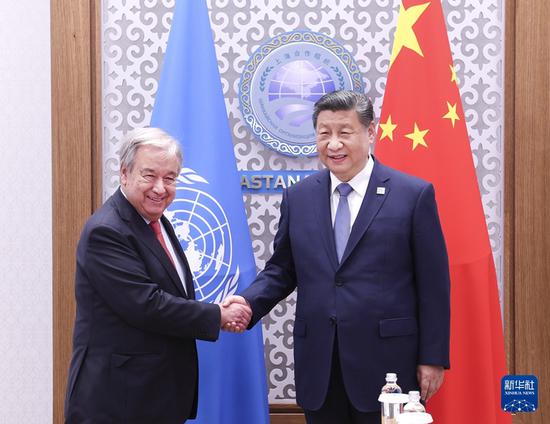
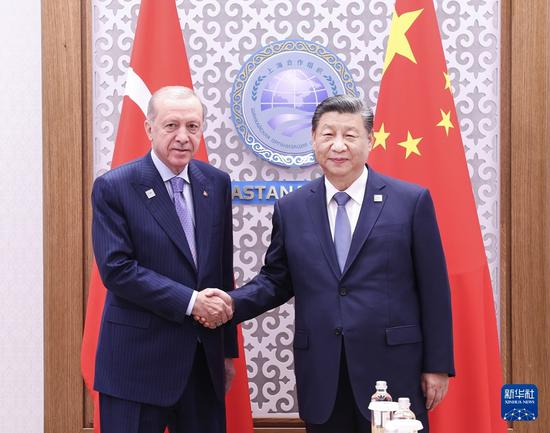
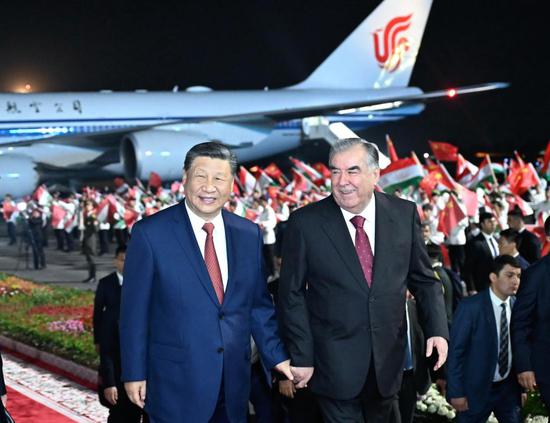

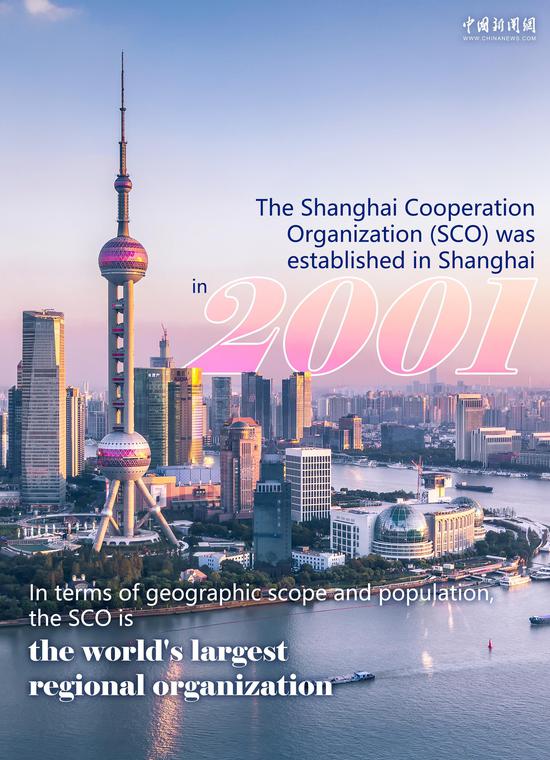

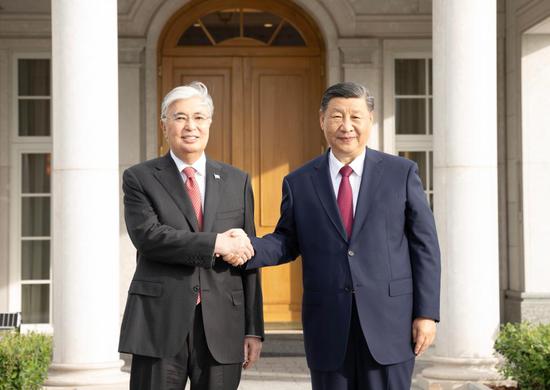
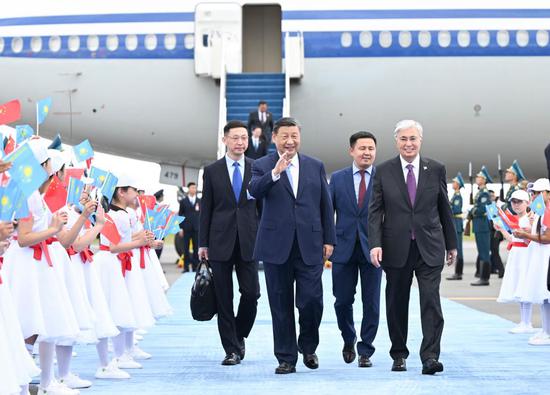






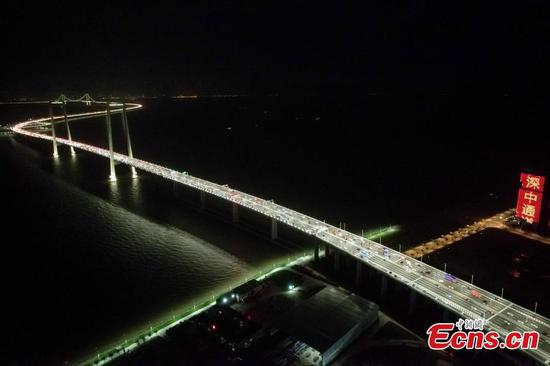

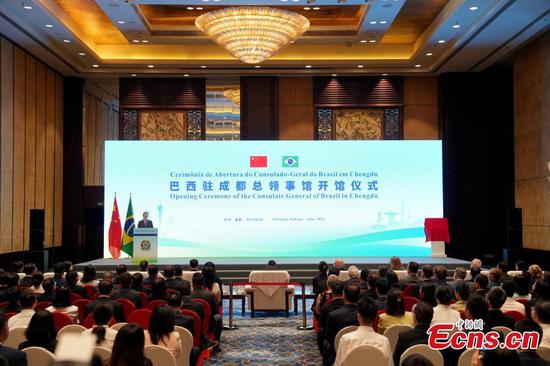
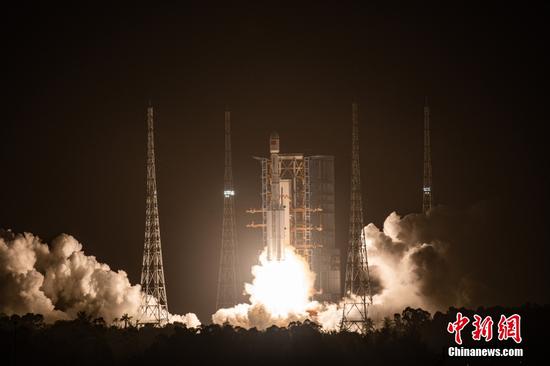
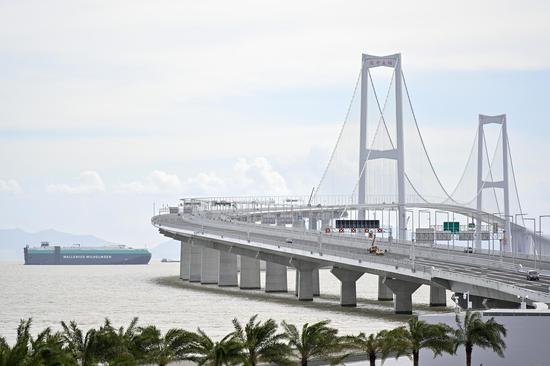
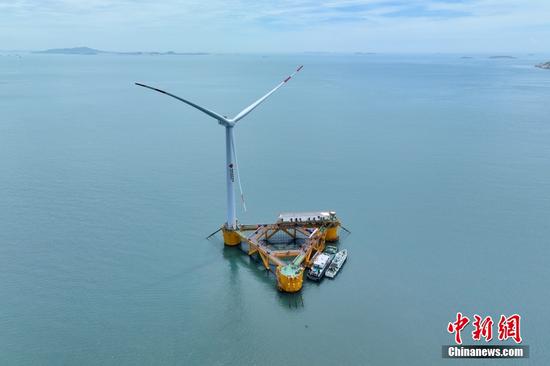
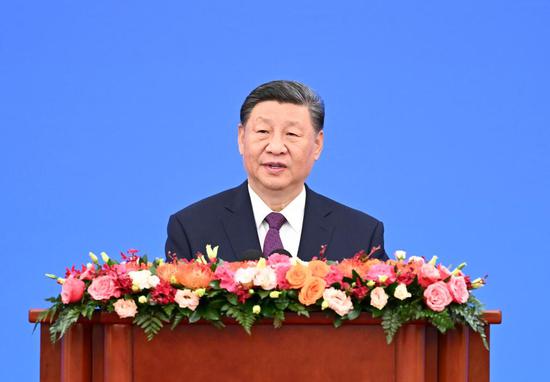
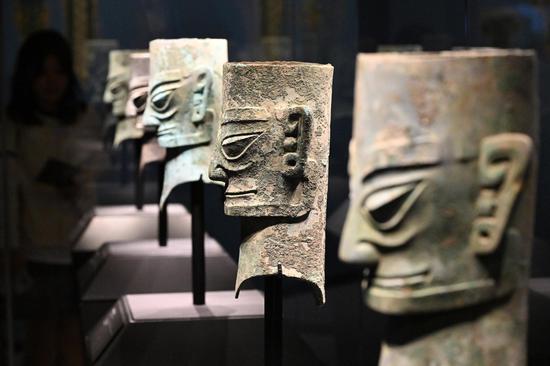





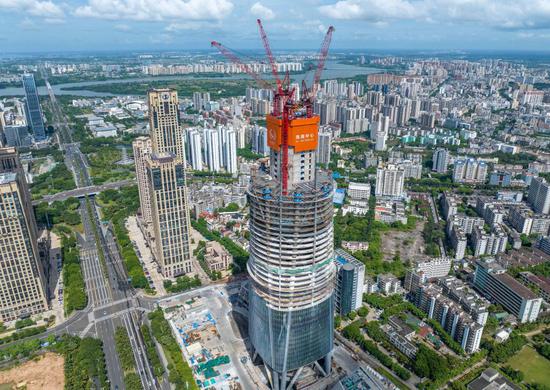



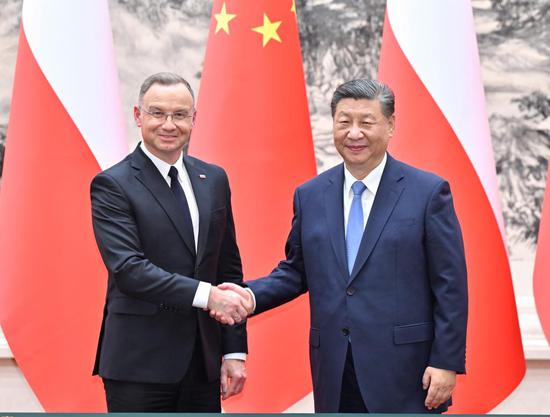
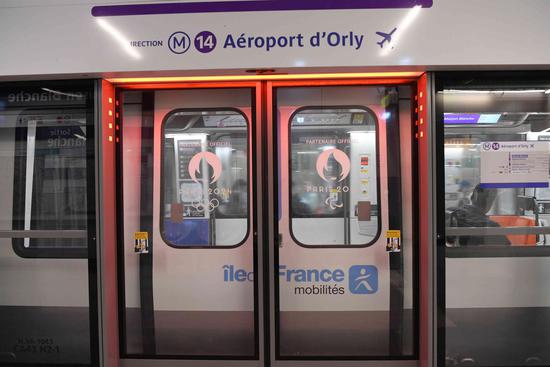
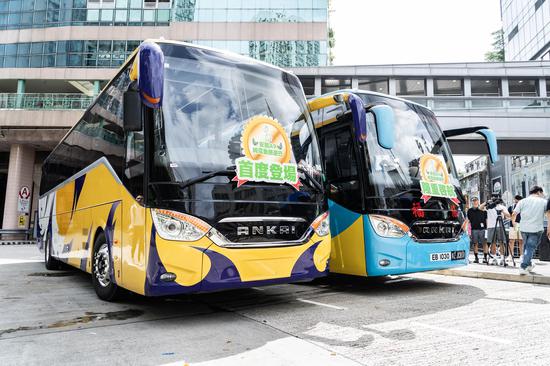







 京公網(wǎng)安備 11010202009201號
京公網(wǎng)安備 11010202009201號